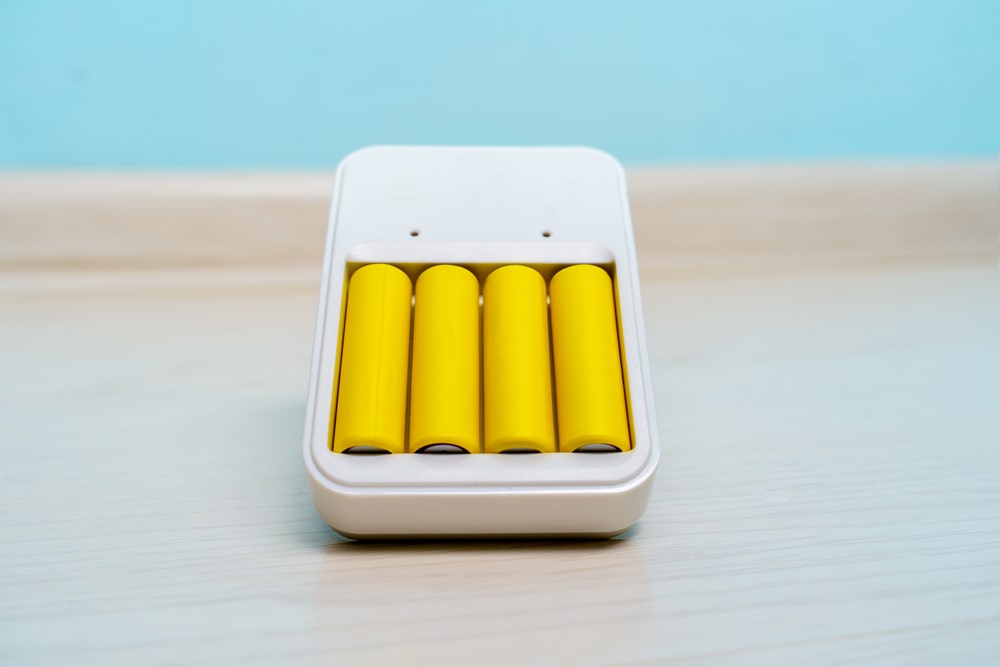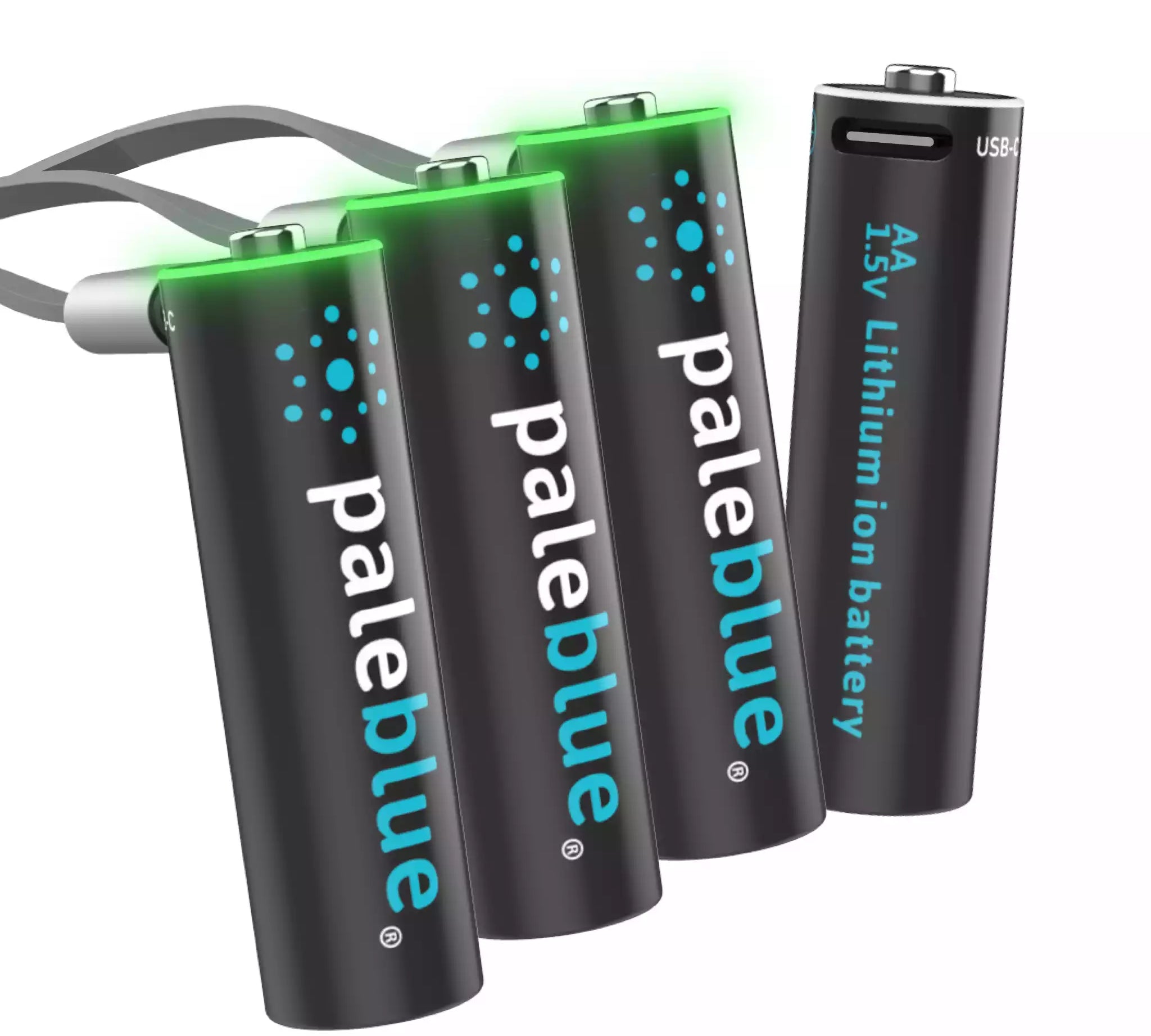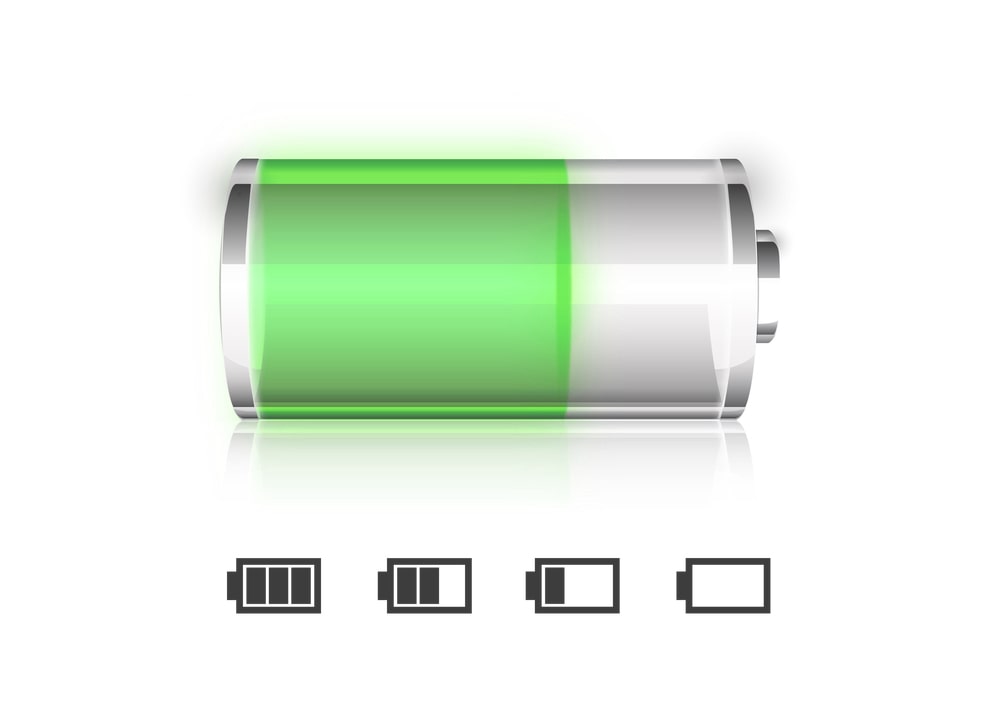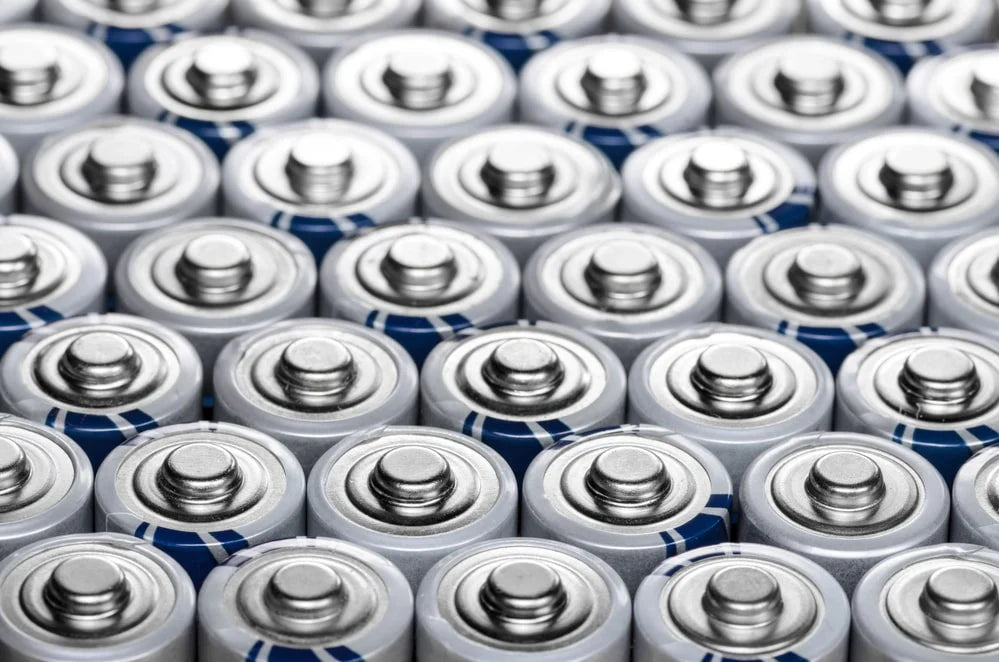Can You Overcharge a Lithium-Ion Battery?

You have undoubtedly heard the recommendation that you should not charge your cell phone overnight. As the thinking goes, charging overnight puts too much stress on the battery and ultimately reduces its life. Some people interpret this as meaning you can overcharge a lithium-ion battery. But is that true?
If it is, then it would be possible to overcharge the USB rechargeable batteries you purchase from Paleblue. So in an effort to settle this question once and for all, we have put together a post to explain how it all works. In short, while recharging your cell phone overnight may not be what the manufacturer recommends, doing so is also not the end of the world.
Can You Overcharge Li-Ion Batteries?
From a purely technical standpoint, you cannot overcharge lithium-ion batteries as long as they are in good working order. This is due to circuitry built-in to them to prevent this very thing. The circuitry is required because of the nature of the chemicals inside the battery. If a battery gets too hot, it could explode or begin to burn.
Modern lithium-ion batteries are designed with built-in circuitry that automatically stops the charging process once the batteries are full. As long as that internal circuitry is not damaged, overcharging is not a concern. So then why do cell phone manufacturers sometimes recommend not charging their phones overnight? It is all about charging cycles.
Limited Charging Cycles Are a Real
You may have noticed statements on our website indicating that our batteries can be charged up to 1000 times. We say "up to" for the simple fact that limited charging cycles are a reality for lithium-ion batteries. In other words, you can only recharge a battery so many times before it begins to degrade. And once degradation begins, it eventually leads to a battery that no longer holds a charge.
Limited charging cycles are what creates problems for cell phones charged overnight. If you keep your phone off at night, you can charge it completely and have no worries. But if you leave your phone on, it begins drawing from the battery as soon as charging is complete. Once the power level dips below a certain point, charging kicks back in.
You end up with a constant cycle of charge, discharge, and charge again. This ultimately reduces the life of your cell phone battery because you are increasing the number of charge cycles unnecessarily. So what do you do?
Some people suggest only charging your phone during the day, when you can keep an eye on it, and only charging it to 80-90%. Others say you can download apps that manage charging in order to prevent unnecessary cycles. How reliable such apps are is a matter of debate.
Lithium-Ion Batteries Are Still Better Than Alkaline Batteries
Despite having limited charge cycle capacity, lithium-ion batteries are still better than their alkaline counterparts. Being able to reuse the same battery multiple times is better than discharging an alkaline battery and throwing it in the trash. That much we already know.
What we do not necessarily know is exactly how much life we take out of lithium-ion batteries by keeping them plugged into their chargers for too long. We know the principle of limited charge cycles; we do not know the actual numbers that dictate how quickly lithium-ion batteries wear out.
So in summary, don't worry about overcharging any lithium-ion battery. You can't do it. But be cognizant of the number of charge cycles you put your batteries through. If you can avoid having them hooked up to chargers for too long, then do so.
- Tags: Economical Sustainability







